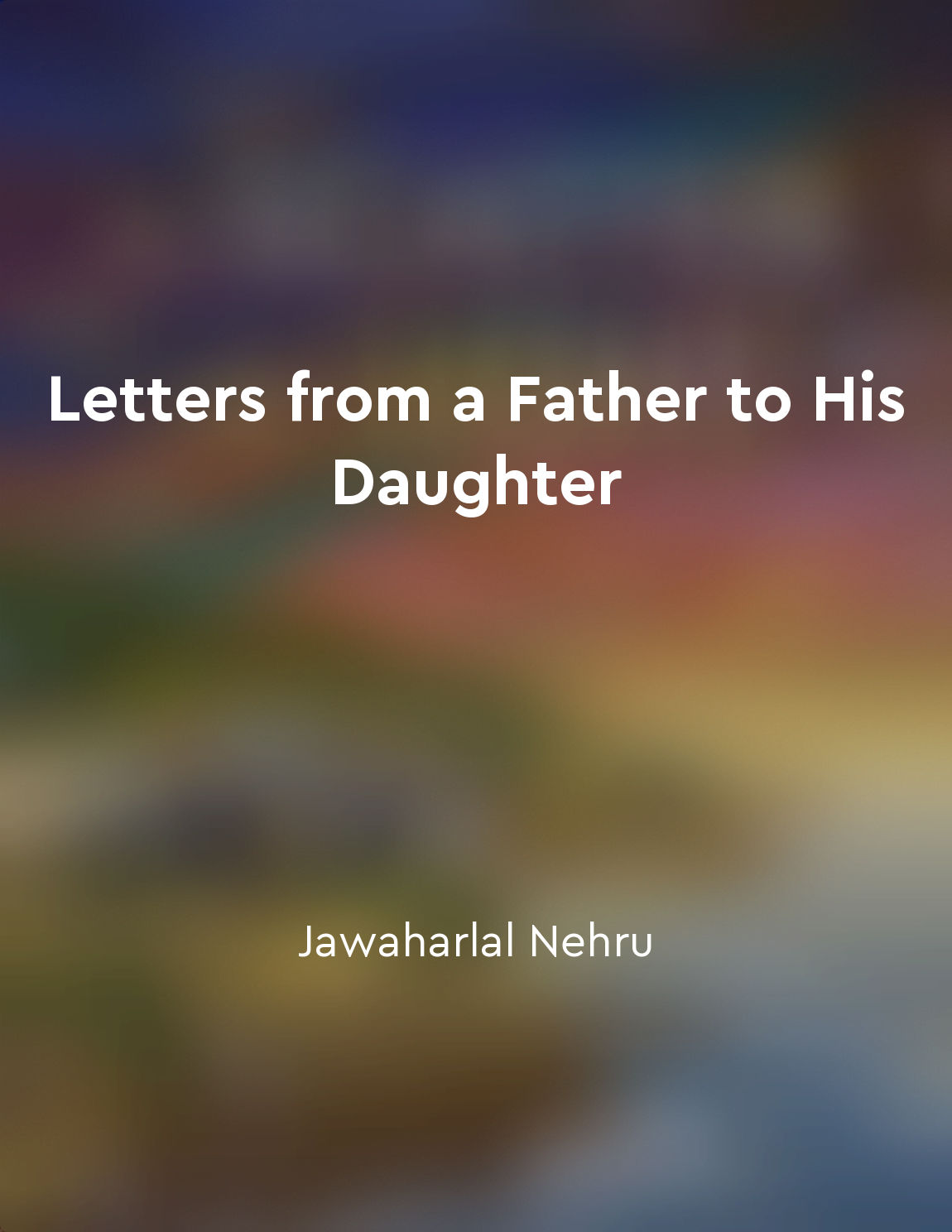Governor from "summary" of Indian Polity and Constitution Book by Mocktime Publication
The Governor is the constitutional head of the State government and represents the President in the State. The Governor is appointed by the President and holds office during the pleasure of the President. The Governor’s term of office is five years, but they can be removed by the President at any time. The Governor has certain discretionary powers, such as appointing the Chief Minister, summoning and proroguing the State Legislature, and dissolving the State Legislative Assembly. The Governor also has the power to give assent to bills passed by the State Legislature and to reserve certain bills for the consideration of the President. The Governor acts on the advice of the Council of Ministers headed by the Chief Minister, except in cases where the Governor is required to act on their own discretion. The Governor also acts as a link between the State government and the Centre, by communicating the decisions and recommendations of the State government to the President. The Governor also plays a crucial role in the administration of the State, by appointing the Chief Minister and other members of the Council of Ministers, as well as appointing the Advocate General and the State Election Commissioner. The Governor also has the power to grant pardons, reprieves, and respites, and to suspend, remit, or commute sentences in certain cases.- The Governor acts as a vital constitutional authority in the State government, ensuring the smooth functioning of the State administration and upholding the principles of the Constitution.
Similar Posts
Democracy is a continual struggle and requires vigilance
The fight for democracy is not a one-time battle that can be won and then set aside. It is an ongoing struggle that requires co...

Policymakers should promote knowledge spillovers
Policymakers play a crucial role in fostering economic growth and development. One important concept that policymakers should p...

Solidarity and empathy help us build a more inclusive society
Solidarity and empathy are powerful tools that can help us create a society where everyone feels included and valued. When we s...
Without a sovereign authority, life would be "solitary, poor, nasty, brutish, and short."
In the absence of a sovereign authority, individuals are left to their own devices, creating a state of nature that is characte...
Understanding cultural and religious diversity is crucial
In today's globalized world, where interactions between people from different cultures and religions are becoming increasingly ...

Parliament is the legislative body responsible for making laws
Parliament, under our Constitution, is the legislative body. It is the body responsible for making laws for the entire country....
Chief Minister
The Chief Minister is the head of the state government in India. The Chief Minister is appointed by the Governor of the state a...

Emergency Provisions in the Constitution
Emergency Provisions in the Constitution of India are an integral part of the constitutional framework that allows for the decl...

Independence of judiciary is vital for democracy
The principle of the independence of the judiciary is not only a fundamental postulate of all democratic constitutions, but it ...

